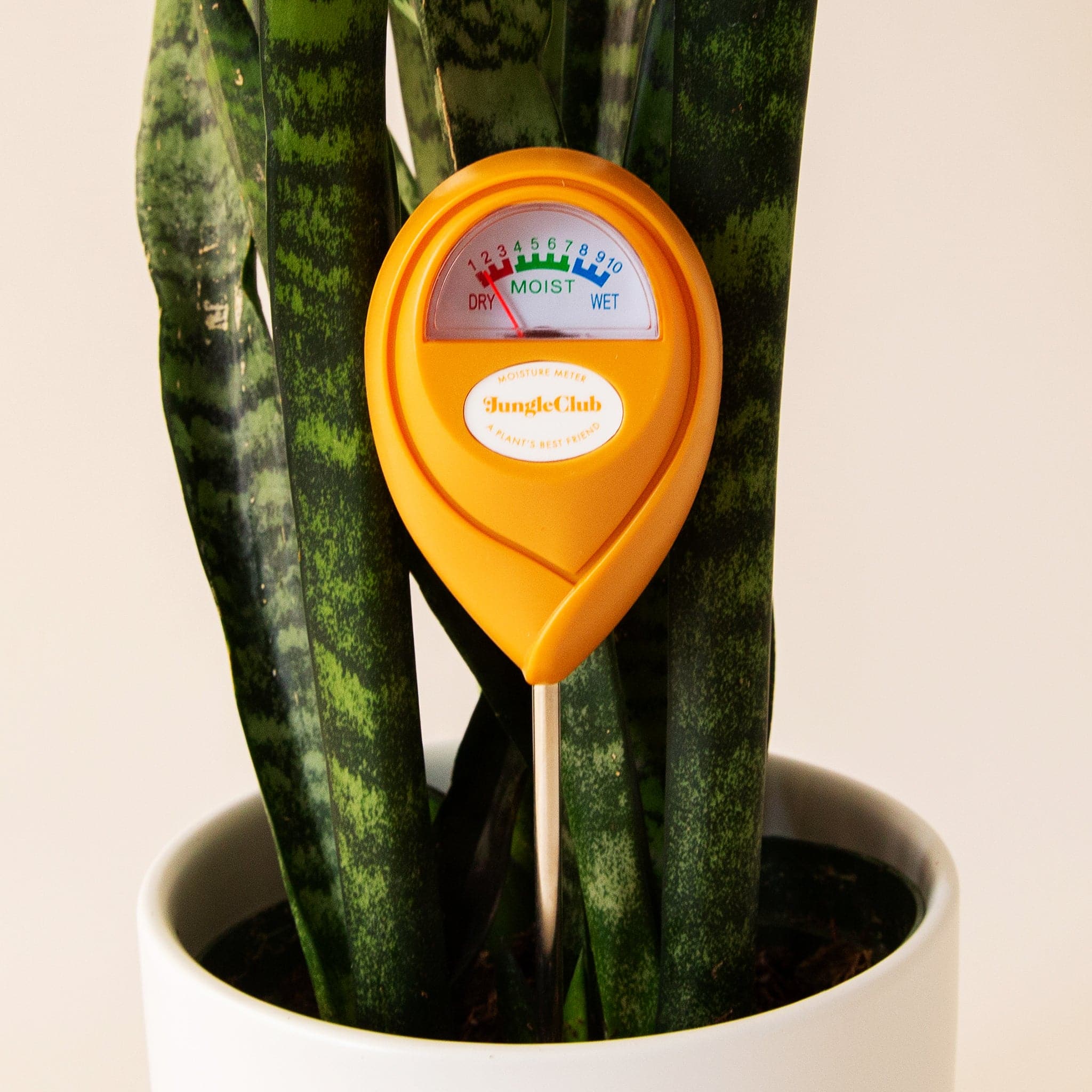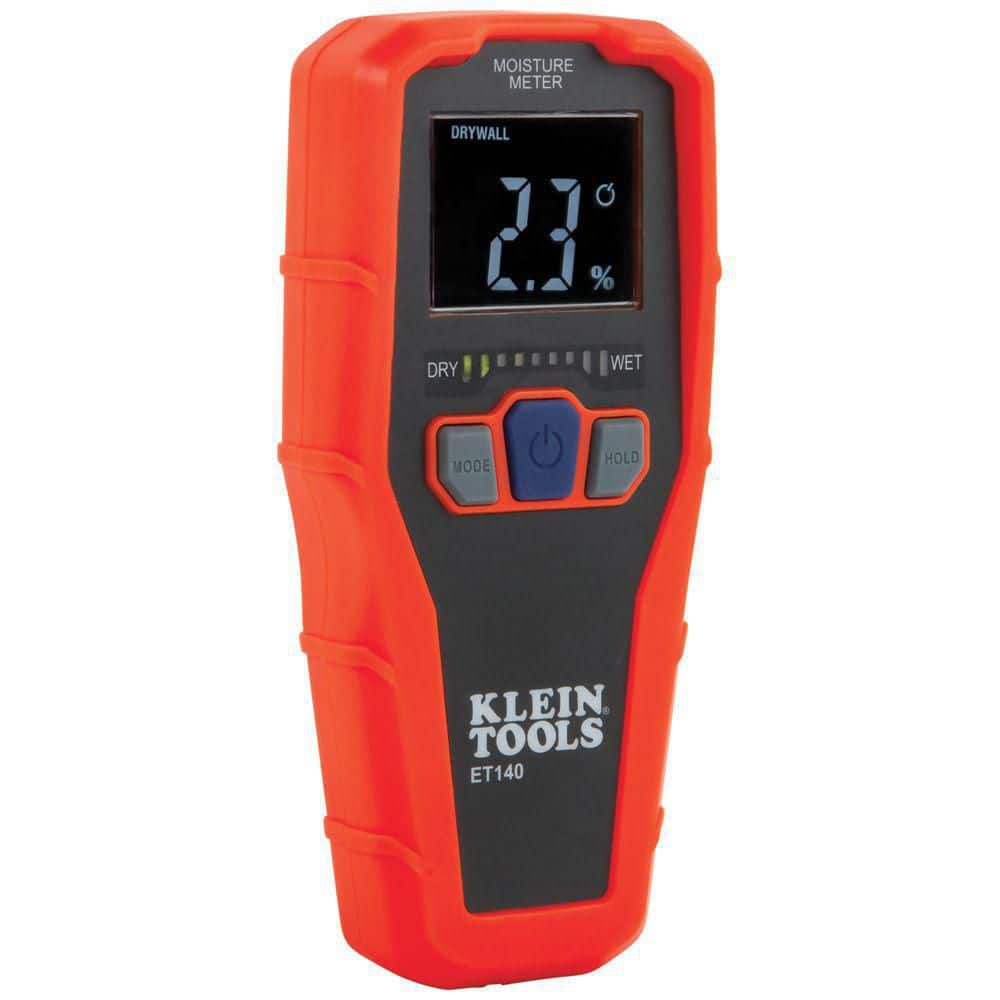How a Moisture Meter Can Improve Your Construction Jobs and Protect Against Damages
How a Moisture Meter Can Improve Your Construction Jobs and Protect Against Damages
Blog Article
The Ultimate Guide to Moisture Meters: A Comprehensive Overview and How They Can Conserve You Money
In the world of building upkeep, construction, and various industries, the value of precisely determining dampness degrees can not be overstated. Dampness meters offer as important devices in spotting and checking moisture content in products, assisting in stopping expensive damages and ensuring the high quality of products. Understanding the nuances of various sorts of moisture meters, their applications, and the possible cost-saving benefits they provide can be a game-changer for professionals and services alike. Finding how these devices can not only streamline processes however likewise contribute to financial cost savings is a journey worth starting.
Sorts Of Moisture Meters
Various kinds of moisture meters are offered for various applications in numerous sectors. One common kind is the pin-type moisture meter, which measures the electrical resistance in between two pins inserted right into a material. This type is appropriate for wood, drywall, and other structure materials. Pinless wetness meters, on the various other hand, usage electromagnetic sensor plates to scan a bigger location without triggering damages to the product's surface area. These meters are excellent for rapidly evaluating wetness degrees in huge areas such as wall surfaces and floors.
In addition, there are additionally specialty moisture meters developed for certain materials like soil, grain, or hay. These meters give accurate dampness readings tailored to the distinct homes of the material being checked. Infrared moisture meters gauge the thermal properties of a product to determine its wetness material non-invasively, making them helpful for applications where pin or pinless meters may not be ideal. Comprehending the different sorts of moisture meters available can aid markets pick the most suitable device for their specific wetness measurement needs.

Advantages of Utilizing Moisture Meters

Furthermore, utilizing moisture meters can lead to increased power efficiency. In farming settings, dampness meters play a vital function in optimizing crop returns by allowing farmers to monitor dirt moisture degrees and make notified watering decisions.
Just How to Select the Right Moisture Meter
Selecting the ideal dampness meter includes taking into consideration key factors such as product compatibility, measurement range, and calibration precision. When picking a dampness meter, it's important to make sure that the meter appropriates for the specific product you will be screening. Various materials have differing electrical homes that can impact moisture analyses, so picking a meter developed for your material is vital for precise outcomes. In addition, think about the dimension range of the moisture meter. Make certain that the meter can find moisture degrees within the variety required for your applications. Calibration precision is one more essential factor to bear in mind (Moisture Meter). Go with a wetness meter with trusted calibration to make certain accurate and consistent readings. Some meters might need routine calibration adjustments, so comprehending the calibration process is her explanation very important. By thoroughly reviewing these factors, you can select a moisture meter that meets your demands and gives exact dampness measurements for your jobs.
Proper Techniques for Moisture Meter Usage
To make sure exact wetness readings and make best use of the effectiveness of a dampness meter, employing correct techniques is necessary. When utilizing a pin-type wetness meter, place the pins or probes into the material being checked till they make full contact. Make certain the pins are perpendicular to the surface to obtain the most precise reading. For pinless moisture meters, hold the device level against the material and relocate gradually to cover the whole location for a typical analysis. It's important to calibrate the dampness meter according to the material being tested to enhance accuracy. Take several analyses throughout the surface and ordinary them out for an extra reliable outcome. Additionally, ensure that the product being examined is accommodated to the setting to stop manipulated analyses. Routine maintenance of the dampness meter, such as cleansing the pins or sensor, is also essential to make certain accurate and regular analyses. By adhering to these proper methods, customers can count on their wetness meter to give reliable wetness levels, assisting in stopping expensive damages or making sure quality in numerous applications.

Price Savings Via Moisture Meter Applications
How can the critical usage of wetness meters lead to substantial price financial savings across various industries? In the farming sector, wetness meters aid in figuring out the optimum time for collecting crops, protecting against excess or over-drying dampness that can affect the last product's top quality.

In addition, in the food handling sector, dampness meters are essential for keeping track of product quality and guaranteeing compliance with safety policies. By accurately measuring moisture content in food products, producers can avoid spoilage, maintain quality, and minimize waste, leading to considerable expense savings. Overall, the strategic application of dampness meters is a beneficial financial investment that can result in substantial expense decreases and boosted effectiveness across various sectors.
Final Thought
To conclude, moisture meters are beneficial devices for finding and determining wetness levels in numerous products. By utilizing the appropriate wetness meter and following correct methods, users can properly stop costly problems brought on by excess dampness. Purchasing a quality wetness meter can lead to substantial cost financial savings over time by recognizing prospective problems at an early stage and making it possible for timely removal. Ultimately, dampness meters are important tools for maintaining the stability and longevity of frameworks and products.
Moisture meters offer as indispensable tools in navigate to this site finding and monitoring moisture content in materials, aiding in stopping pricey problems and ensuring the high quality of products. Infrared wetness meters gauge the thermal properties of a material to identify its wetness material non-invasively, making them valuable for applications where pin or pinless meters might not be ideal.Dampness meters offer important advantages in accurately keeping an eye on and analyzing dampness degrees in varied materials and atmospheres. In agricultural settings, moisture meters play an essential function in maximizing plant returns by making it possible for farmers to check dirt moisture levels and make educated watering decisions.In final thought, wetness meters are useful devices my company for detecting and measuring wetness degrees in different materials.
Report this page